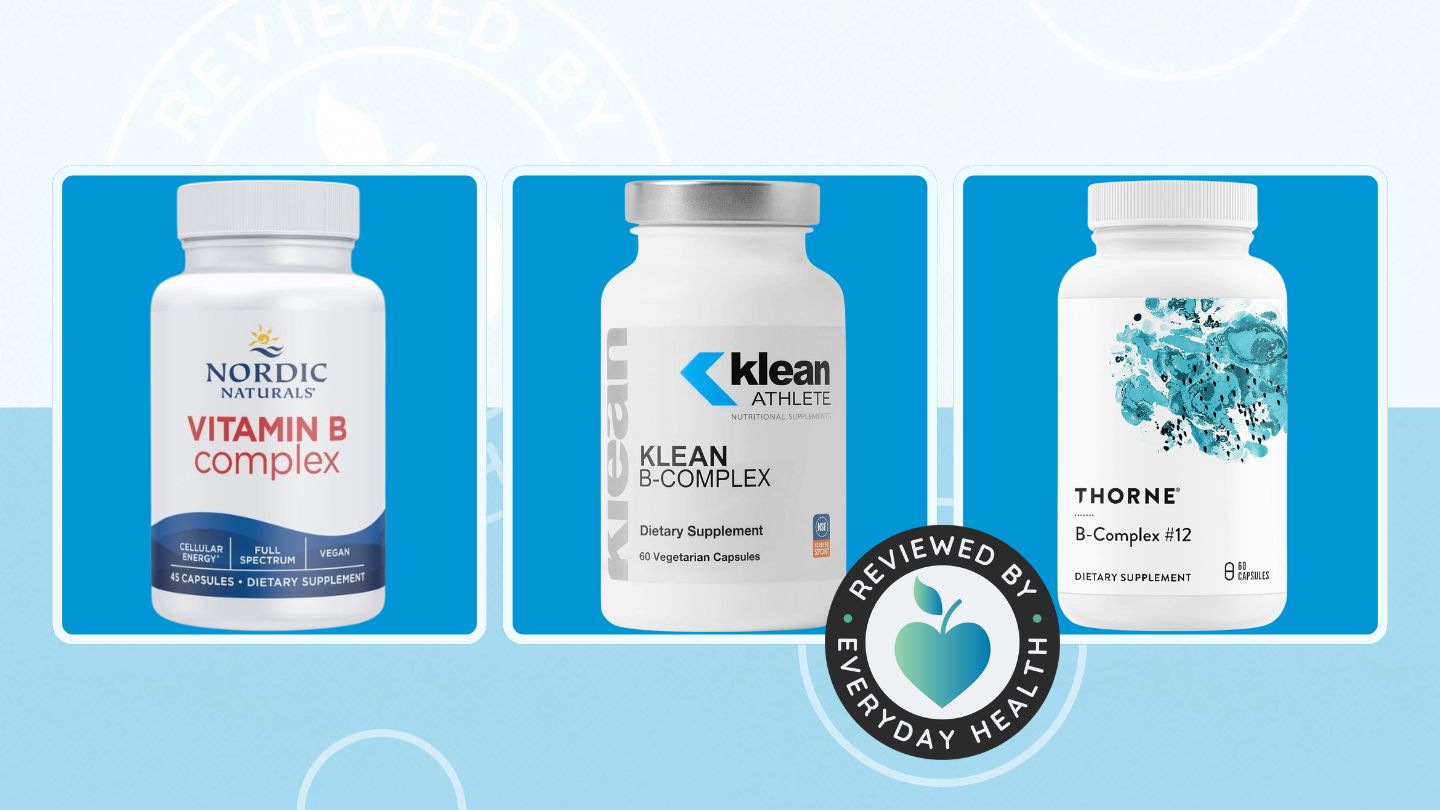What is Vitamin D3 (Cholecalciferol)?
Vitamin D3, also known as cholecalciferol, is one of the two major forms of vitamin D occurring naturally in nature. The other is vitamin D2 or ergocalciferol.
Vitamin D3 is considered the preferred form of vitamin D supplementation because it most closely resembles the type of vitamin D the human body makes when skin is exposed to sunlight.
This article provides an in-depth overview of vitamin D3 (cholecalciferol) what it is, its health benefits, dosing recommendations, how to choose a quality supplement, and more.
Vitamin D3 vs. D2
While both D3 and D2 supplements can effectively raise blood levels of vitamin D, research suggests vitamin D3 may be superior.
Studies show vitamin D3 is more potent, raises and maintains blood vitamin D levels for a longer duration, and may produce greater health benefits (1, 2).
For these reasons, most health experts recommend vitamin D3 over D2 whenever possible.
Benefits of Vitamin D3
Emerging research highlights the importance of optimal vitamin D levels for overall health and disease prevention.
Here are some of the top science-backed benefits of vitamin D3:
Boosts Immune Function
Vitamin D plays an important role in immune regulation and immune cell activation. Getting enough of this nutrient may help defend against illness and infection (3).
Supports Strong, Healthy Bones
Vitamin D3 aids calcium absorption and bone metabolism. Meeting your daily needs promotes strong, sturdy bones and helps prevent conditions like osteoporosis (4).
Reduces Inflammation
Vitamin D has been shown to modulate inflammatory pathways in the body. Supplementation may help lower systemic inflammation (5).
Protects Brain Health
Some research links higher blood vitamin D levels to better cognitive function and a reduced risk of neurodegeneration (6).
May Reduce Risk of Some Cancers
Studies demonstrate that optimal vitamin D status is tied to decreased risks of certain cancers, including colorectal and breast cancer (7).
Supports Heart Health
Research indicates that ensuring adequate vitamin D intake promotes healthy blood pressure levels and cholesterol profiles major factors in heart health (8).
How Much Vitamin D3 Per Day?
The recommended daily intake for vitamin D is:
- 600 IU (15 mcg) for most adults up to age 70
- 800 IU (20 mcg) for those over 70 years old
However, many experts argue that these levels are too low. They recommend getting at least 10004000 IU of vitamin D per day for optimal health.
Factors that Impact Dosage Needs
The dosage you need depends on several personal factors like:
- Sunlight exposure
- Skin color
- Age
- Weight
- Latitude and time of year
- Kidney and liver health
Those with limited sun exposure, darker skin tones, obesity, or certain health conditions may require more vitamin D3 than others.
Talk to your healthcare provider about personalized dosage recommendations based on your individual health profile and needs.
Picking the Best Vitamin D3 Supplement
Here are some tips for finding a high-quality vitamin D3 supplement:
Cholecalciferol Form
Look for cholecalciferol, rather than ergocalciferol or calcitriol, for the preferred form of supplementation.
Check Third Party Testing
Select products that undergo independent testing to verify purity and prevent adulteration.
Minimal Additional Ingredients
Avoid unnecessary fillers, additives and allergens commonly found in lower quality brands.
Reputable Brand
Purchase from trusted supplement companies with stringent quality control standards.
Proper Dosage
Choose an amount per serving aligned with your personalized dosage needs.
Can You Take Too Much Vitamin D3?
Yes, megadoses of vitamin D3 can lead to a condition known as vitamin D toxicity characterized by high calcium levels and associated symptoms like:
- Nausea, vomiting, poor appetite
- Increased urination and thirst
- Constipation
- Bone loss
- Confusion
- Irregular heartbeat
- Kidney stones
The upper limit for vitamin D is 4,000 IU per day for adults to prevent negative side effects (9).
Routinely getting too much may also lead to build up in body tissues over time. Discuss optimal vitamin D doses with your healthcare provider while avoiding mega doses without supervision.
References
- Lehmann, U., et al. (2013). Bioavailability of Vitamin D2 and D3 in Healthy Volunteers, a Randomized Placebo-Controlled Trial. J Clin Endocrinol Metab, 98(11), 43394345.
- Tripkovic, L., et al. (2017). Comparison of vitamin D2 and vitamin D3 supplementation in raising serum 25-hydroxyvitamin D status: A systematic review and meta-analysis. Am J Clin Nutr, 105(6), 15571564.
- Prietl, B., Treiber, G., Pieber, T. R., & Amrein, K. (2013). Vitamin D and immune function. Nutrients, 5(7), 25022521.
- Christakos, S., Hewison, M., Gardner, D. G., Wagner, C. L., Sergeev, I. N., Rutten, E., Pittas, A. G., Boland, R., Ferrucci, L., & Bikle, D. D. (2013). Vitamin D: beyond bone. Annals of the New York Academy of Sciences, 1287, 4558.
- Calton, E. K., Keane, K. N., Newsholme, P., & Soares, M. J. (2015). The Impact of Vitamin D Levels on Inflammatory Status: A Systematic Review of Immune Cell Studies. PloS one, 10(11), e0141770.
- Landel, V., Annweiler, C., Millet, P., Morello, M., & Fron, F. (2016). Vitamin D, Cognition and Alzheimer's Disease: The Therapeutic Benefit is in the D-Tails. Journal of Alzheimer's disease : JAD, 53(2), 419444.
- Garland, C. F., Gorham, E. D., Mohr, S. B., Grant, W. B., Giovannucci, E. L., Lipkin, M., Newmark, H., Holick, M. F., & Garland, F. C. (2007). Vitamin D and prevention of breast cancer: pooled analysis. The Journal of steroid biochemistry and molecular biology, 103(3-5), 708711.
- Wang, L., Song, Y., Manson, J. E., Pilz, S., Mrz, W., Michalsson, K., Lundqvist, A., Jassal, S. K., Barrett-Connor, E., Zhang, C., Eaton, C. B., May, H. T., Anderson, J. L., & Sesso, H. D. (2012). Circulating 25-hydroxy-vitamin D and risk of cardiovascular disease: a meta-analysis of prospective studies. Circulation. Cardiovascular quality and outcomes, 5(6), 819829.
- National Institutes of Health. (2018). Vitamin D fact sheet for health professionals. Retrieved from https://ods.od.nih.gov/factsheets/VitaminD-HealthProfessional/
FAQs
What are the benefits of taking vitamin D3?
Vitamin D3 offers many health benefits including boosted immunity, improved bone health, reduced inflammation, enhanced brain function, possible cancer prevention, better heart health, and more.
How much vitamin D3 should I take each day?
Experts recommend getting 1000-4000 IU of vitamin D3 per day. Exact dosage needs vary based on sun exposure, age, weight, time of year, and other factors.
Can you take too much vitamin D3?
Yes, taking more than 4000 IU per day long-term can lead to vitamin D toxicity. Symptoms include nausea, vomiting, bone loss, kidney problems, and confusion.
What makes vitamin D3 different than vitamin D2?
Vitamin D3 (cholecalciferol) is considered the preferred supplemental form because it most closely matches the type of vitamin D produced in the body from sunlight.
Disclaimer: This article is for informational purposes only and does not constitute medical advice. Always consult with a healthcare professional before starting any new treatment regimen.
Related Coverage
Premature graying can be slowed and potentially reversed in some cases with key vitamins, minerals, antioxidants, herbal remedies, and lifestyle changes that boost melanin....
Mosquitoes don't die from biting humans. We explain why mosquitoes bite, their lifespan after laying eggs, and whether smacking them really kills them....
Fight premature graying and restore pigment to your hair through alpha lipoic acid supplements, key vitamins and minerals that boost melanin production, and lifestyle changes....
Up to 40% of Sjögren's patients get headaches like migraines and tension headaches. Learn about causes like inflammation and get tips on finding relief....
Using baking soda on hair aims to temporarily darken grey strands, but it cannot restore lost pigment. Learn the facts and risks of this popular at-home grey coverage tactic....
Grey auburn hair blends silver and grey tones with warm auburn hues for a soft ombré effect. Learn how to care for and rock your natural grey auburn hair....
Baking soda rinses can help remove yellow tones from grays. Getting enough vitamins B12, biotin and D may delay graying. Oils and herbs also stimulate pigment production....
Learn how getting enough vitamins like B12, D, iron, and antioxidants in your diet can help delay premature graying and maintain your natural hair color....
Explore real-life stories of individuals affected by vitamin D deficiency, and learn about its causes, symptoms, risk factors, and how to prevent and manage this condition....
Discover what causes premature graying and how vitamins, diet, and other holistic methods can help restore your hair's natural pigment and delay the graying process....









